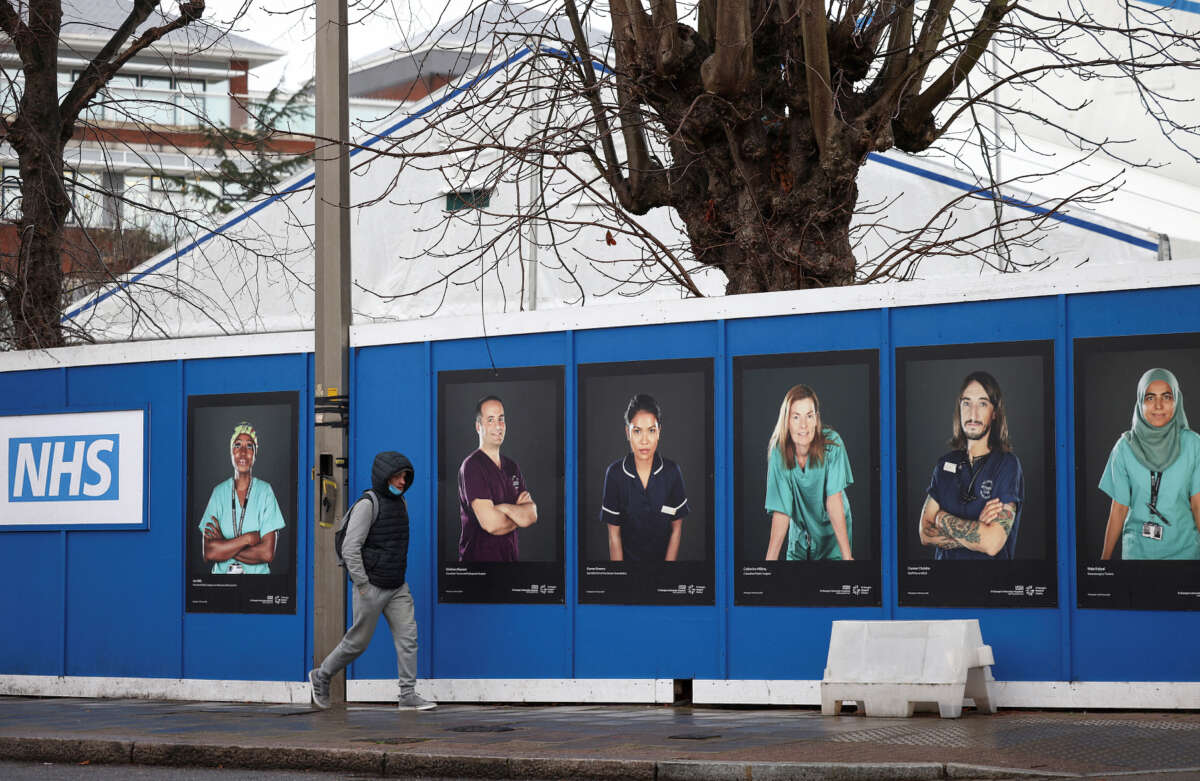
With the nurse strikes now underway, Tania Bowers, Global Public Policy Director at the Association of Professional Staffing Companies (APSCo), has warned that this action is a symptom of a wider problem in the healthcare sector that pay rises alone won’t solve.
Tania explained:
“The unrest in the healthcare sector was a concern before the pandemic. With the last few years putting increasing pressure on staff across health and social care, a strike was inevitable if no changes were made to both support those already working in the sector and boost recruitment. While pay rises are the greatest issue for those on the picket line, there is also a lot more that’s needed to manage the NHS workforce, streamline hiring and compliance, increase speed, efficiency and transparency of agency worker use, improve permanent recruitment levels and retention.
“At the moment, the scale of skills demand combined with the overly complex and inflexible varied framework requirements are creating a Catch 22 scenario where desperate Trusts are taking a ‘money no issue’ approach to sourcing agency workers to fill just a fraction of the resourcing requirements they have. Our healthcare recruitment members are also increasingly seeing Trusts go off-framework to find staff, which is again driving up costs.
“Before the strikes, permanent healthcare staff were already voting with their feet, turning their hand to agency work where pay is more lucrative as their only job or second job. The current nurses strike is, in our view, a symptom of a wider problem within the sector. In essence, there is an urgent and significant workforce challenge that pay rises alone won’t solve.
“There needs to be a fundamental re-think around how talent is sourced into the sector, including how providers are chosen. The current inflexibility around the varied framework requirements will only continue to limit the available pool of workers, which will exacerbate both the reliance on agency staff to fill immediate gaps and budget restraints. A new and improved approach will help reallocate more funds into the pockets of those working in the sector, benefiting recruitment and retention across the sector whilst retaining patient safety.”

